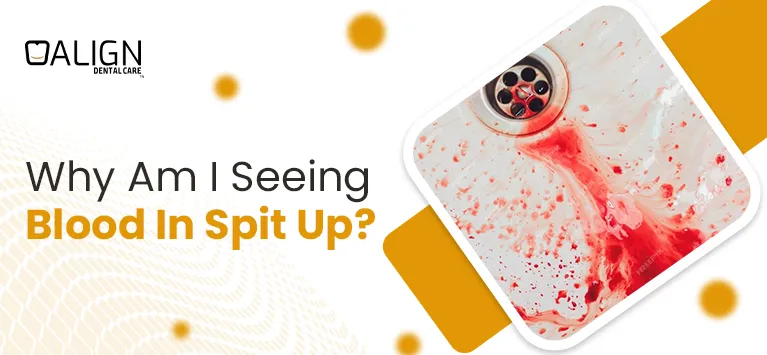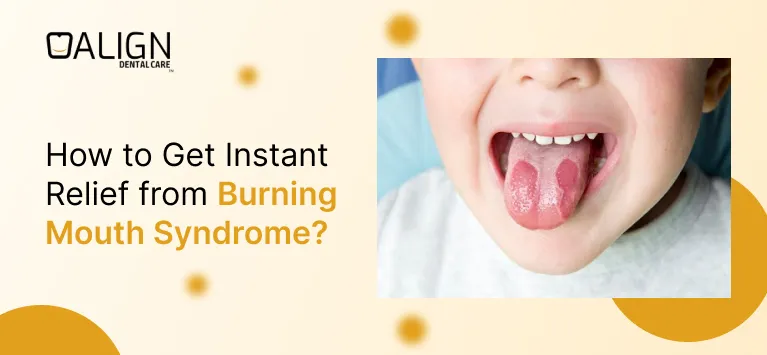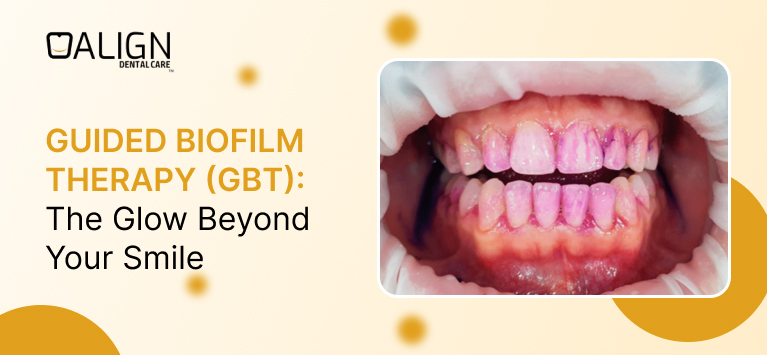
Why Am I Seeing Blood In Spit Up?
Why does blood sometimes appear in saliva? This common concern can stem from various factors, ranging from minor oral health issues to more serious medical conditions. When blood is present in saliva, known as hemoptysis, it’s essential to understand the underlying causes and potential symptoms to ensure timely treatment. In this guide, we’ll explore the reasons behind little blood in saliva no cough, common symptoms, and available treatment options.
Table of Contents
What Causes Blood in Saliva?
Blood in spit up, medically known as hemoptysis, can be caused by several factors:
Gum Disease: Bleeding gums can release blood into saliva, often due to poor oral hygiene or gum inflammation.
Respiratory Infections: Conditions like bronchitis or pneumonia can cause coughing up blood, leading to its presence in saliva.
Trauma: Injury to the mouth or throat, such as biting the inside of your cheek or gum, can result in blood mixing with saliva.
Oral Health Issues: Mouth sores, dental procedures, or tooth infections may lead to bleeding in the mouth, manifesting as little blood in saliva no cough.
Medical Conditions: Serious conditions like lung cancer, tuberculosis, or bleeding disorders can also cause blood in saliva no cough, albeit less commonly.
Symptoms of Blood in Saliva
Noticing blood in your spit can be worrying. Let’s look at some common signs:
- Coughing up blood-tinged saliva or phlegm.
- Discoloration of saliva, appearing pink or red.
- The feeling of blood taste in the mouth.
- Throat or mouth pain.
- Other symptoms related to the underlying cause, such as fever, difficulty breathing, or swollen gums.
Why Do I Spit Blood in the Morning When I Wake Up, But is Clear All Day?
spitting blood in the morning without coughing could be due to various reasons, often related to minor issues within the mouth or respiratory tract. Common causes include:
- Gum Disease
- Dry Mouth
- Sinus Infections or Allergies
- Acid Reflux
When to Seek Medical Attention
While occasional blood in saliva might not always signal a severe issue, certain situations needs dentist‘s attentions:
- Persistent presence of blood in saliva.
- Frequent coughing up blood.
- Difficulty breathing or chest pain.
- History of lung or respiratory conditions.
- Bleeding disorders or prolonged bleeding after injury.
- Signs of infection or inflammation in the mouth or throat.
Treatment Options for Blood in Saliva
When blood is present in saliva, known as hemoptysis, determining the underlying cause is essential for effective treatment. Here are the various treatment approaches based on the identified cause:
Oral Hygiene
Improving oral hygiene practices is crucial, especially if bleeding gums are the root cause. Simple steps like regular brushing with fluoride toothpaste, flossing daily, and attending routine dental check-ups can help prevent and alleviate gum disease-related bleeding. Additionally, using an antiseptic mouthwash may aid in reducing oral bacteria and promoting gum health.
Antibiotics
If a bacterial infection is responsible for the blood in saliva no cough, a healthcare professional may prescribe antibiotics. These medications target and eliminate the bacteria causing the infection, thereby resolving the issue. It’s essential to complete the entire course of antibiotics as directed, even if symptoms improve, to prevent recurrence or antibiotic resistance.
Dental Procedures
Underlying oral health issues like tooth infections or mouth sores may require specific dental procedures for resolution. Depending on the severity and nature of the condition, treatments such as root canal therapy, tooth extraction, or periodontal treatment (for gum disease) may be recommended. Dental professionals will assess the situation and recommend the most appropriate course of action to address the underlying issue effectively.
Medical Intervention
Medical intervention is necessary in cases where little blood in saliva no cough is associated with respiratory conditions or systemic illnesses. Respiratory conditions like bronchitis, pneumonia, or tuberculosis may require treatment with bronchodilators, corticosteroids, or antibiotics, depending on the diagnosis. Systemic illnesses such as bleeding disorders or malignancies may necessitate specialized medical evaluation and treatment by healthcare professionals, including hematologists, oncologists, or pulmonologists.
Lifestyle Modifications
In addition to medical treatments, lifestyle modifications may complement the treatment approach for little blood in saliva no cough. These may include quitting smoking, managing underlying health conditions like diabetes or hypertension, maintaining a balanced diet rich in vitamins and minerals, and staying hydrated. These lifestyle changes can contribute to overall health and well-being, potentially reducing the risk of recurrent episodes of blood in saliva.
Conclusion
Blood in saliva no cough can be a concerning symptom, but understanding its potential causes and associated symptoms is crucial for timely intervention. If you notice blood in your saliva persistently or experience related symptoms, it’s essential to seek medical attention for proper evaluation and treatment. Maintaining good oral hygiene and addressing any underlying health issues can help alleviate these symptoms and promote overall well-being.












